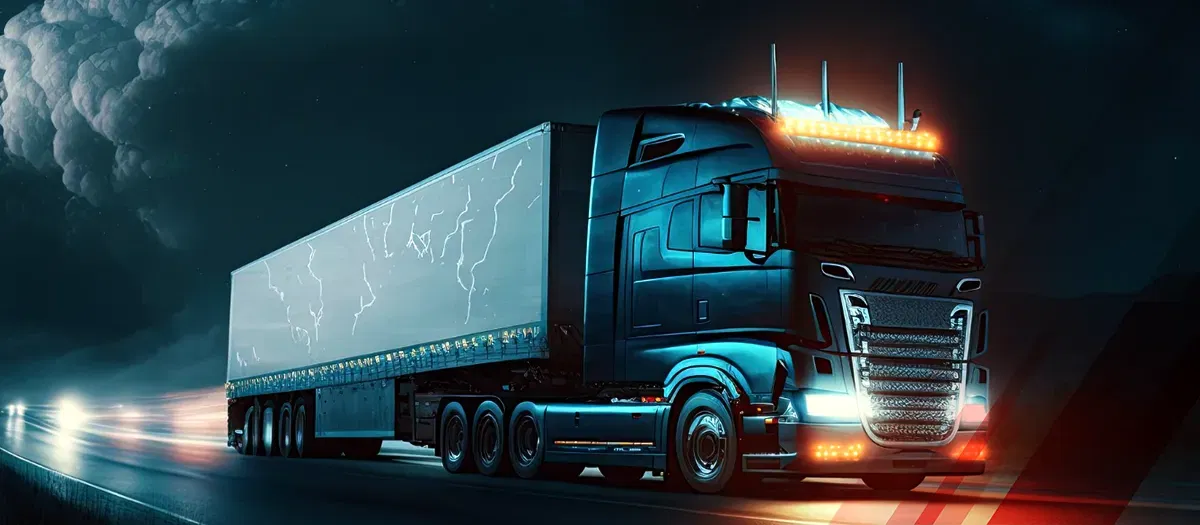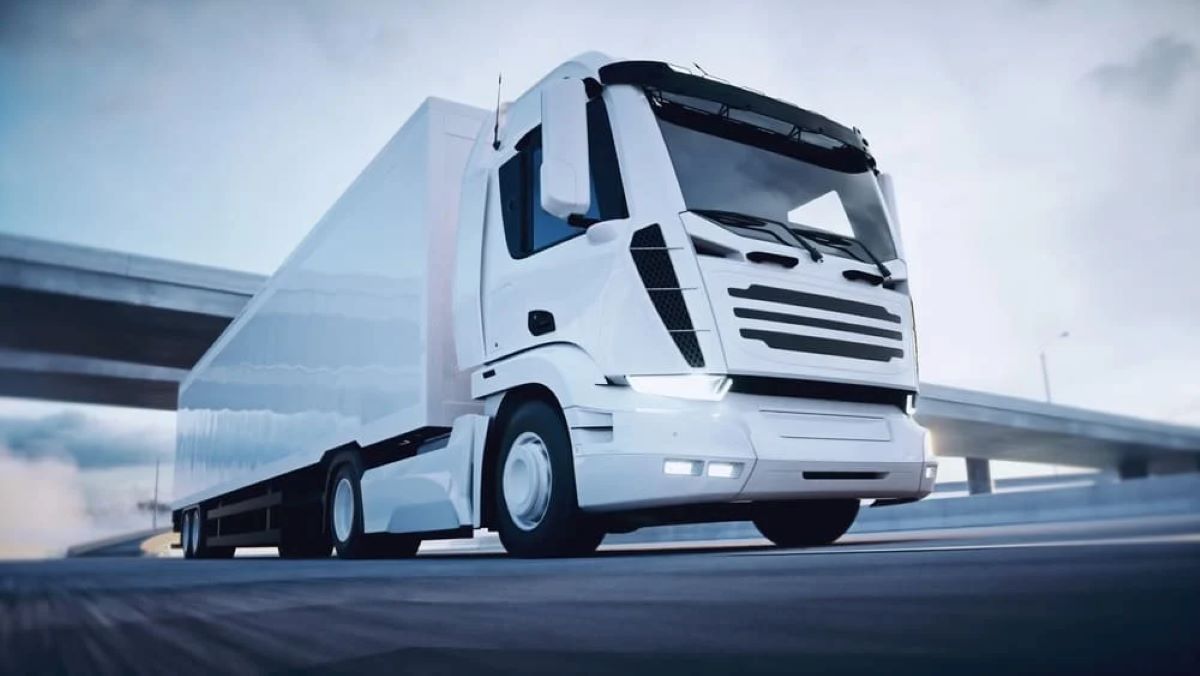In recent years, the transportation industry has witnessed a transformative evolution. Among the most notable advancements is the emergence of electric trucks, which promise to reshape the future of long-haul transport.
With increasing environmental concerns and rapid technological progress, electric trucks are becoming a sustainable, efficient, and economically viable alternative to traditional diesel-powered vehicles.
The Rise of Electric Trucks
While the idea of electric trucks isn’t entirely new, recent innovations have propelled them into the mainstream. Companies such as Tesla, Nikola, and Rivian have gained significant attention with their advanced electric truck models.
Additionally, traditional manufacturers like Volvo, Daimler, and Mercedes-Benz are heavily investing in electric truck technologies.
This paradigm shift is being driven by several key factors, including stricter environmental regulations, improvements in battery technology, and rising fuel costs.
Governments across the globe are setting ambitious greenhouse gas emission reduction targets, and electric trucks are poised to play a pivotal role in achieving these goals.
The Technology Behind Electric Trucks
Electric trucks utilize electric motors powered by rechargeable battery packs, primarily large and powerful lithium-ion batteries similar to those found in electric cars.
These motors exhibit exceptional efficiency, converting over 90% of electrical energy into mechanical energy to drive the vehicle.
Key technological components include:
Batteries: Acting as the core of electric trucks, batteries have undergone significant advancements in energy density, durability, and charging speed. Many modern electric truck models now achieve ranges of 300-500 miles per charge.
Electric Motors: These motors provide greater efficiency and torque compared to internal combustion engines, delivering superior performance, especially for carrying heavy loads or traversing uphill routes.
Regenerative Braking: This feature enables trucks to recover energy during braking and redirect it to recharge the batteries, improving overall efficiency.
Charging Infrastructure: The expansion of fast-charging stations is vital for the widespread adoption of electric trucks. Collaborative efforts between companies and governments aim to establish robust networks of charging stations along major transport routes.
Environmental Benefits
One of the most compelling advantages of electric trucks is their environmental impact.
Unlike traditional diesel trucks, electric trucks produce zero tailpipe emissions, significantly reducing pollutants such as carbon dioxide, nitrogen oxides, and particulate matter. This is critical for enhancing air quality and addressing climate change.
Moreover, electric trucks generate significantly less noise than their diesel counterparts, contributing to quieter urban environments and transportation corridors.
Economic Viability
Although the upfront cost of electric trucks is higher than that of diesel trucks, their total cost of ownership over the vehicle’s lifespan can be considerably lower. This economic advantage stems from several factors:
- Lower Fuel Costs: Electricity, particularly when sourced from renewable energy, is generally less expensive than diesel, resulting in substantial fuel cost savings—a major component of operational expenses.
- Reduced Maintenance: Electric trucks have fewer moving parts compared to internal combustion engines, translating to lower maintenance and repair costs. Unlike traditional vehicles, they lack components such as complex engines, transmissions, and exhaust systems that often require frequent maintenance.
- Incentives and Subsidies: Many governments offer financial incentives and subsidies to encourage the adoption of electric vehicles, helping offset the higher initial purchase price and making electric trucks a more appealing investment.

Challenges and Barriers
Despite their advantages, electric trucks face challenges that must be overcome to achieve widespread adoption in long-haul transport:
Range Limitations: While battery technology is improving, the range of electric trucks still lags behind that of diesel trucks, leading to “range anxiety.”
Charging Infrastructure: A comprehensive network of fast-charging stations along major highways is crucial. The current lack of infrastructure is a significant hurdle for electric truck adoption.
Battery Weight and Space: Batteries are bulky and heavy, which can reduce the payload capacity of electric trucks. Ongoing advancements in battery technology will be critical to addressing this issue.
Initial Costs: The high upfront cost of electric trucks can deter smaller operators from transitioning. However, as production scales up and technology becomes more affordable, this barrier is expected to diminish.
Future Outlook
The integration of electric trucks into long-haul transport holds immense promise. Technological advancements are expected to address many of the current challenges.
For instance, innovations like solid-state batteries could significantly enhance energy density and reduce charging times. Simultaneously, the expansion of charging infrastructure will be instrumental in supporting the growth of electric trucks.
Collaboration between manufacturers, governments, and logistics companies will be key to driving this transition.
Policies favoring electric trucks, investments in research and development, and public-private partnerships will accelerate their adoption and integration into the transportation ecosystem.
Companies Leading the Charge
Several companies are spearheading the electric truck revolution:
Tesla: Renowned for its electric car innovations, Tesla has made significant progress in electric truck technology with its Tesla Semi, which boasts a range of up to 500 miles per charge and advanced autopilot capabilities.
Nikola Motors: Specializing in hydrogen-electric hybrids, Nikola is developing trucks that offer extended ranges and rapid refueling. Its collaborations with established industry players position it for success.
Volvo Trucks: Leveraging its expertise in commercial vehicles, Volvo is developing a range of electric trucks designed for urban and regional transport.
Daimler Trucks: As a leader in commercial vehicle manufacturing, Daimler is investing in electric models like the Freightliner eCascadia and eM2, catering to various market segments.
Rivian: Supported by major investors like Amazon and Ford, Rivian focuses on rugged, all-terrain electric trucks suitable for diverse applications.
The widespread adoption of electric trucks has the potential to transform the logistics and transportation industry.
With benefits ranging from environmental improvements to economic savings, as well as enhanced public health and reduced noise pollution, electric trucks are poised to revolutionize long-haul transport.
Sustained efforts by key stakeholders and continuous technological innovation will pave the way for this exciting future.

